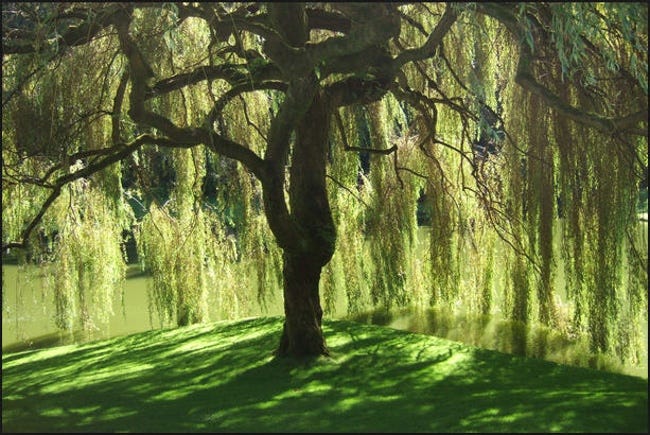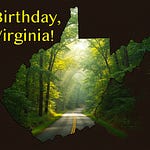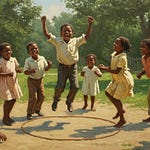In Floodlandia, we celebrate this day by channeling the grand, green spirit of William Butler Yeats. We do several songs based on verses by this beloved Nobel laureate.
Our favorite is “Down by the Salley Gardens,” which Yeats published in his 1889 volume The Wanderings of Oisin and Other Poems.
In notes about the work, Years once said the poem was "an attempt to reconstruct an old song from three lines imperfectly remembered by an old peasant woman in the village of Ballisodare, Sligo, who often sings them to herself."
In fact, Yeats's original title of his poem was "An Old Song Re-Sung.” Precisely what old song Yeats was thinking of we don’t really know, though researchers think it might have been a now-obscure ballad called “The Rambling Boys of Pleasure.” That song’s first verse spoke of lovers meeting in a garden, then added, “She bade me take life easy just as the leaves fall from the tree / But I being young and foolish, with my darling did not agree."
Yeats’ poem wouldn’t appear under today’s better known title until it was reprinted in a 1895 volume.
But What’s a Salley Garden?
To find out, let’s start with a “where.”
As Yeats’ notes suggest, the location of the poem is the banks of the river at Ballysadare, and that happens to be where the residents used to cultivate trees to provide roof thatching material.
That material was known locally as “salley” or “sally,” a form of the Standard English word "sallow," i.e., a tree of the genus Salix. And that is close in sound to an Irish word, saileach, which means “willow.”
What About the Melody?
We don’t know what, if any, tune Yeats had in mind for his poem, but in 1909, Irish composer Herbert Hughes, who also was a frequent arranger of folk songs, set the verse to a traditional air called "The Maids of Mourne Shore.”
While over the years other different melodies also have been applied to the poem (notably by composers Rebecca Clarke and John Ireland in the 1920s), today it is usually to the tune of "The Maids of Mourne Shore" that most performers sing and play it.
The earliest recordings of the song were in the 1940s by John McCormack, Peter Pears and Kathleen Ferrier.
Our Take on the Tune
The Flood started doing this song about 1979, right after Roger Samples and Charlie Bowen learned it from a beloved album, Tommy Makem and Liam Clancy, released in 1976.
Rog always said he thought the melody was buried in the very genes of Irish people, adding, “Every time we do that song, I feel like the ghosts of my ancestors come into the room!”
“Salley Gardens” has been in The Flood’s repertoire ever since, even tucked away among the tunes the band recorded on its first commercial album two decades ago.
This current version — with solos by Dan Cox and Sam St. Clair — was recorded in a recent jam session just to be our gift today.
To Continue Your St. Pat Celebration
Want a bit more of the Old Sod for St. Patrick’s Day 2023? Sure (and begorrah)! Just link in to the St. Patrick Blend in our free Radio Floodango music streaming service.
Erin go Bragh, y’all!






















Share this post